How much is enough?
When we fail to consider the consequences, what ensues is greed, unchecked ambition, perpetual dissatisfaction and a life from which there is no escape from the hedonic treadmill. Regardless of how rich you are, you feel poor. Regardless of how much you have, you need more. No matter how great you are according to every external metric, to yourself, you need to be more.
You suffer from what Mark Manson calls the “disease of more.”
“What if there is no ‘next level?’ What if it’s just an idea you made up in your head? What if you’re already there and not only are you not recognizing it, but by constantly pursuing something more, you’re preventing yourself from appreciating it and enjoying where you are now?”- Mark Manson
This quest for never-ending improvement, which is in every self-help book and every motivational seminar, is never called into question. In pursuit of more, growth at any cost, companies compromise their ethics; marketers sink to scammy tactics; and we spiral downward into a bottomless pit, in which we aren’t enough, don’t have enough, and are unfulfilled.
As a culture, we’re addicted to achievement. But, we don’t question this addiction. The more significant your achievement, the more external validation you receive from the world around you.
Your audience claps. Your parents are proud. Society bestows some badge of honor on your:
- Admission to an elite college
- Magazine cover
- Olympic medal
- IPO
The addiction to achievement becomes more potent and you’re now addicted to external validation. But we don’t send people like this to rehab. We celebrate them; put them on covers of magazines; host awards shows, and much more. On the surface, none of this has the self-destructive appearance of being a heroin addict.
Eventually, everybody who accomplishes one of their most ambitious or meaningful goals, comes to the realization they’ve been chasing a false horizon which will never lead to eternal happiness. They’re forced to stop looking outward and turn inward. They realize they have to decide how much is enough.
What Mark Manson calls the disease of more is rampant in our culture. Everybody wants more… more fans, followers, money, status, and fame. What starts out as a somewhat harmless intention for improving the quality of our lives quickly erodes into unhealthy levels of ambition, self-obsession, ego and greed.
The pursuit of more is a game that’s rigged for dissatisfaction. The conditions of the game make it damn near impossible to become more fulfilled by doing more, achieving more, and having more. We reach our most ambitious goals only to discover they don’t heal our wounds or solve all our problems.
- Rockstars end up in rehab.
- Celebrities commit suicide.
- Billionaires blow up their marriages.
Dax Shepard asks all of his podcast guests, “You’re rich, famous, and successful. Did it fix all the things you thought it would?” NOBODY has ever said yes. We see the evidence all around us that being rich, famous, and successful doesn’t solve all our problems. Yet, it doesn’t change our culture narrative of what success means.
- We still put billionaires on the covers of magazines.
- Crazy Rich Indians invite Beyoncé to sing at their daughters’ weddings.
- We spend countless hours on social media comparing our lives to those people we’ve never even met.
What we don’t take into account in our desire for more is that somebody will always be ahead of us. This is the curse of hedonic adaptation. The moment you get what you’ve always wanted, your whole basis for comparison changes.
According to Sasha Heinz, if you look at the Olympic podium, the person who is the silver medalist is the least happy. In their eyes, it’s been a failure because they didn’t win the gold. But the bronze medalist is thrilled because they’re on the podium.
But there is a way to mitigate the curse of the hedonic treadmill and disease of more.
The Antidote to the disease of More
1. Be Ready To Fight Hedonic Adaptation
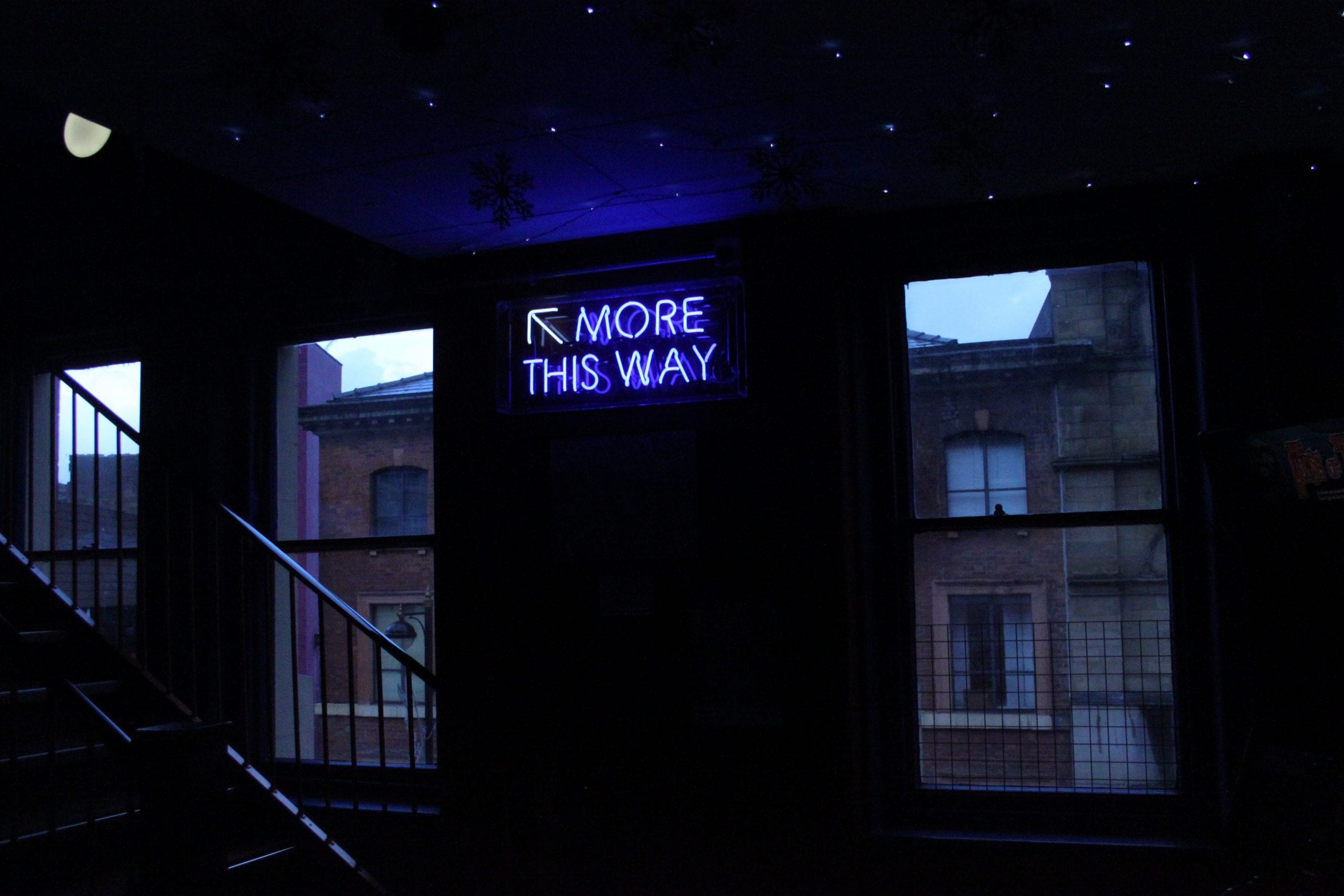
Because we judge our happiness based on where we are in relation to other people, the thing we thought it would lead to eternal happiness never does. At some point, everything that was once a distant dream becomes a part of your day-to-day reality.
The “high” from getting a book deal lasted me about 2 months. Prior to getting a book deal, my basis for comparison was other people who didn’t have book deals.
Even though I got a book deal, I thought my career as an author was a failure because I didn’t sell as many books as Mark Manson, Ryan Holiday or James Clear. Other authors became my new basis for comparison, which drove me to new levels of anxiety and I became addicted to achievement.
A few years ago, I interviewed Graham Betchart, a mental toughness coach for NBA players. One of his clients landed a multi-million dollar contract. But when found himself on the jet of somebody who owned a team, he felt poor. He said “Graham, that contract didn’t do shit for me.”
That’s the way the hedonic treadmill works. External achievements are just band-aids on bullet wounds. Turning inward is the only viable long term solution to dealing with hedonic adaptation. You have to learn to give yourself everything you’ve been seeking from others.
2. Transcend The Dark Side of Ambition
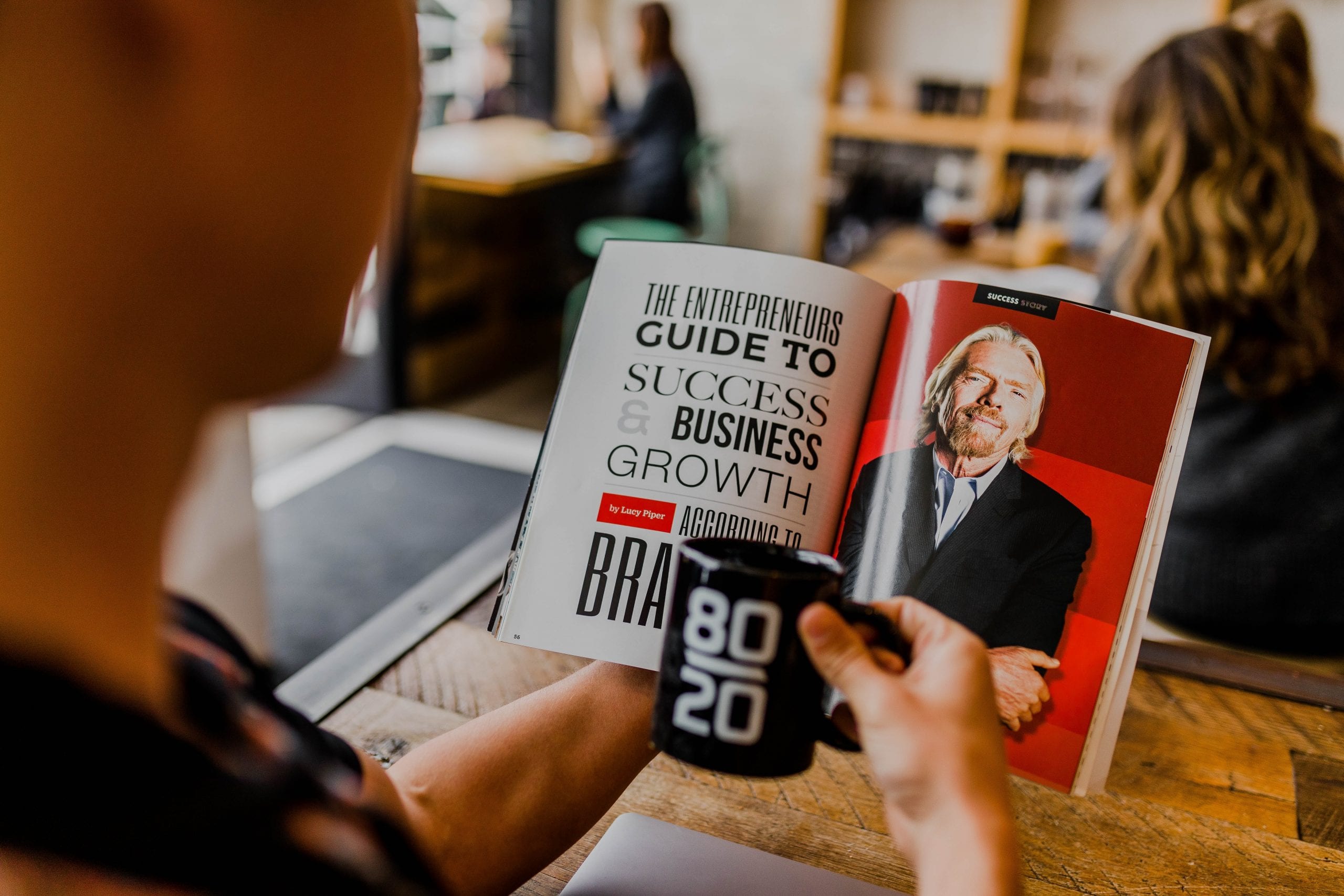
We encourage ambition in kids when they’re young, college students when they get older and employees when they work for us. I’d never hire someone who wasn’t ambitious.
But when ambition goes unchecked, you end up with ruthless CEOs who become mercenaries instead missionaries; celebrities who participate in college admission scandals; and people who work themselves into the ground.
My friend, Paul Jarvis, said in a conversation “in any field other than business, unlimited growth is called cancer.”
My own ambition caused me to burn bridges and destroy trust. When I was in business school, three friends and I talked about starting a website together. Two other friends wanted to wait and enter the business plan competition next semester. I didn’t.
So I hired a developer, built the website, and launched it before the end of the semester. It was the beginning of my entrepreneurial journey and the end of those friendships.
Those two friends never trusted me again, and rightfully so. They shouldn’t have trusted me. I was an asshole with a moral code that I would have happily sold to the highest bidder. And I did. When it came time for summer internships, I got the highest paying job offers in my class. Building that website played a role in my offer.
It was one of the hardest lessons of of my life. When you sacrifice morality, character, integrity, and trust for the sake of your own ambition, you risk doing irreversible damage.
To transcend the darker sides of your ambition, you want to make decisions based on what David Brooks calls eulogy values instead of résumé values. Résumé values are only about the things you’ve done. Eulogy values are about the kind of person you were. One simple litmus test is “Would my kids be proud of the decision I just made?”
3. Escape The Filter Bubble Immediately
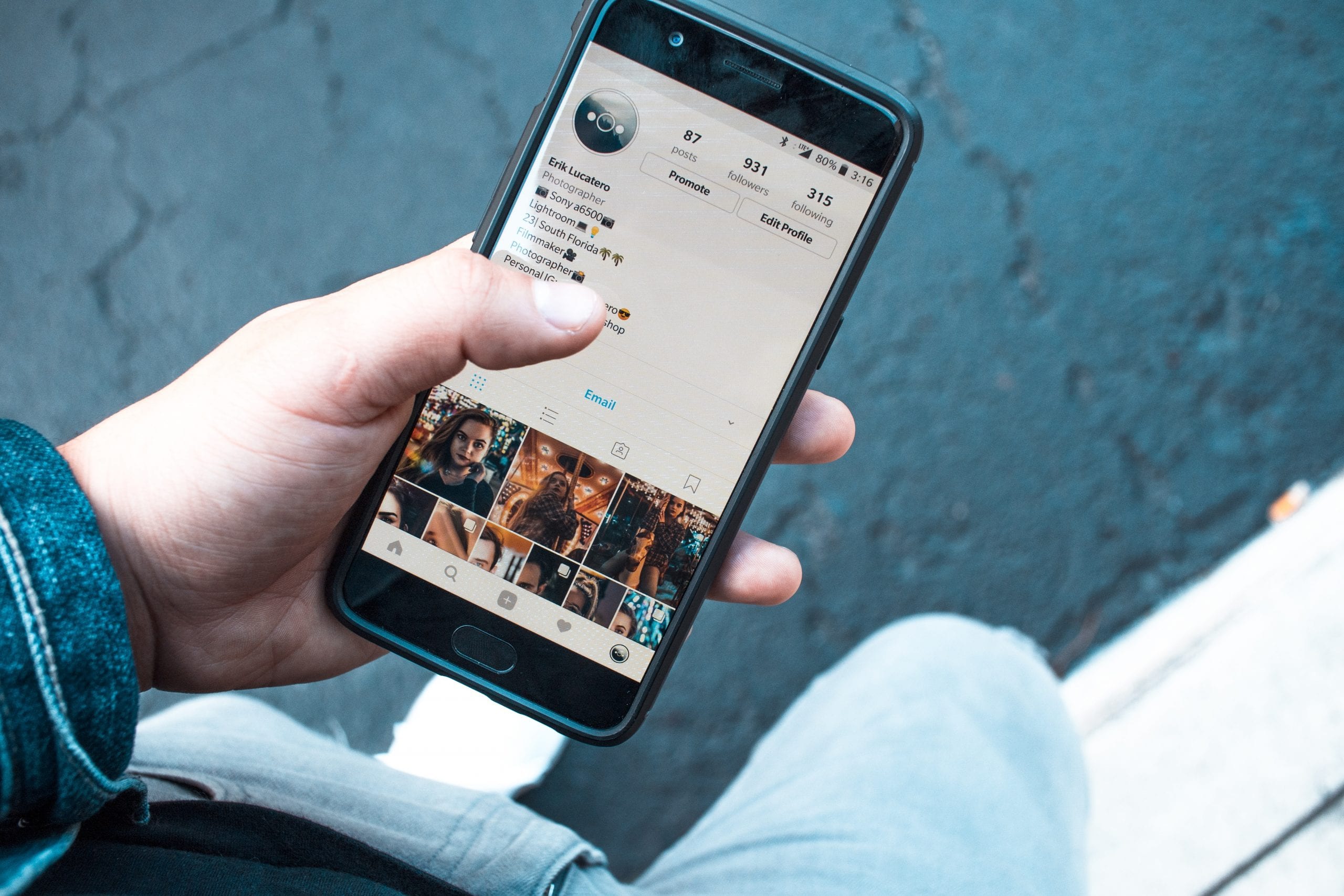
It’s hard to have your own definition of success when you’re consuming an endless stream of Instagram pictures, status updates, and Facebook ads. At the core of all this “social media” is behavior manipulation designed to do one thing: sell your hopes, dreams, and attention span to advertisers. You are trapped in a bubble of other people’s intentions and you don’t even realize it.
We are already living in the matrix. We’re plugged into our devices, our social networks, and the websites we visit every day. But instead of one matrix, we have several. They’re called social networks, search engines, and apps. And our devices are the vehicles that enable us to plug in.
- Facebook is not reality.
- Twitter is not reality.
- Instagram is not reality.
All of them are a glimpse, a mere window into people’s lives.
We sacrifice time and connection with the people who are sitting right in front of us to become spectators in the lives of people we’ve never met. The more time you spend in these dimensions of reality, the more you lose sight of the fact that it’s all an illusion.
Eventually, you become so indoctrinated into this new reality like water to a fish. The behavior manipulation program has worked. You are now a battery in the matrix, which makes it much easier to sell your attention to advertisers. Remember, you’re not seeing where I am, who I’m with, or anything else other than words on a screen.
If you ignore the fact that you experience life through a filter bubble, you’ll never feel like you will stay chained to the hedonic treadmill.
Quit social media or reduce your use of it dramatically. When you do this, you’ll notice that you can think more clearly, be more objective and make better decisions that aren’t just emotional reactions to digital stimuli. Realize that nobody on the internet is living the life you think they are and you’ll be less filled with envy and comparison.
4. Don’t Place Your Heroes on Pedestals

We rarely consider the idea that there’s a hidden danger in looking up to our heroes and role models. We worship them but don’t see what goes into their accomplishments.
On occasion, I’ve seen people comment on a speaker they saw at a conference and say “I love this person.” No, you don’t. You love their persona, the brand, the version of them that was on the stage, the version of them that wrote the book.
You think you’d be happy to trade places with them because we compare our insides their outsides. But for all you know, their insides are fucked up. The books they write, the speeches they give, the podcasts they host are a curated and fractional version of their reality.
As Justine Musk said when we spoke about the psychology of visionaries, these kinds of accomplishments often come at the cost of everything in your life.
Remember that when you trade places with one of your heroes, you get the good with the bad. You get every part of their life, not just the parts you see on TV, the internet or when they speak at conferences.
There’s great value in mentorship. But we have to make sure that we don’t blur the line between mentorship and worship. The people you admire are not gods. They’re humans.
They’re fallible, flawed, and imperfect just like you. When you stop placing your heroes on pedestals, you’ll relate to them in a healthier way. You’ll be more discerning about their qualities. You’ll see that who they are behind closed doors is far more important than who they are in front of an audience.
Don’t let them define your version of enough.
5. Measure your Life with Your Yardstick
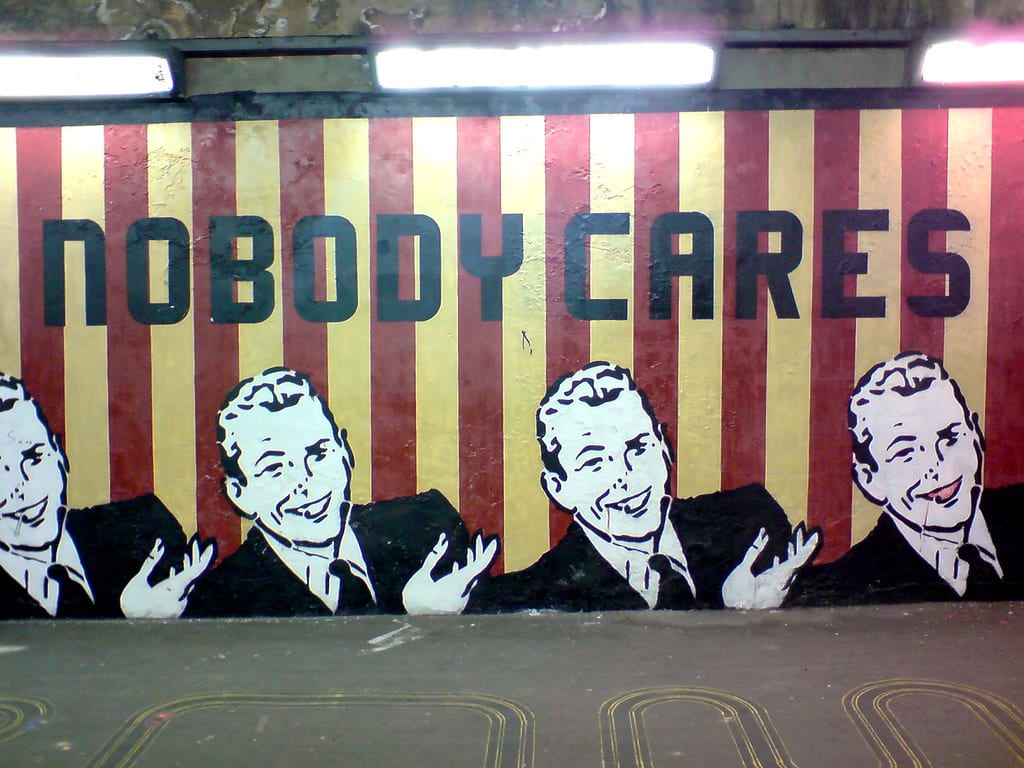
When you’re six feet under, turning over in your grave, nobody is going to give a fuck that you were the CEO of a billion-dollar empire, slept with 100 women, or accumulated more McMansions and money than you could spend in a lifetime.
That’s the thing about mortality. It doesn’t discriminate. Even if Google figures out a way to make us live longer, for the time being, you need to face the truth. You’re going to die. When you’re young, résumé values dominate your life:
- Get into the most prestigious college.
- Take the job with highest paycheck.
- Date the hottest girl you possibly can.
It’s all about accumulation and “enough” sounds like a complete bullshit.
But then you get into your 30s and 40s.
Nobody really cares where you went to college.
The super hot girl ages and you realize that you’re not just going to look at this person. You have to live with them and talk to them. If you judge a book by its cover without exploring its content, you might end up being with someone you can’t stand.
You decide that this David Brooks guy isn’t some old fart, but might actually know what he’s talking about. You realize that your parents won’t be here forever. You finally see that nothing is more precious than time you have with people who matter most to you.
You run major life decisions through the filter of “What will people say at my funeral?” instead of “How is this going to look on my resume?…” You use a different compass.
Something will always replace it when you get what you currently want — a new goal, a new destination, etc., etc. We harbor the delusion that we’ll be happy when we bridge the gap.
We will be at peace, feel fulfilled or whatever bullshit mantra we’ve read in the latest self-help book (including mine). But once you see that you’ll never actually bridge the gap, that your destination is a false horizon, you’ll be free to experience and enjoy the circumstances of your life instead of trying to control them.
It’s ironic that we spend so much of our lives focused on bridging the gap, on getting to a destination that doesn’t even exist.
6. Define Enough
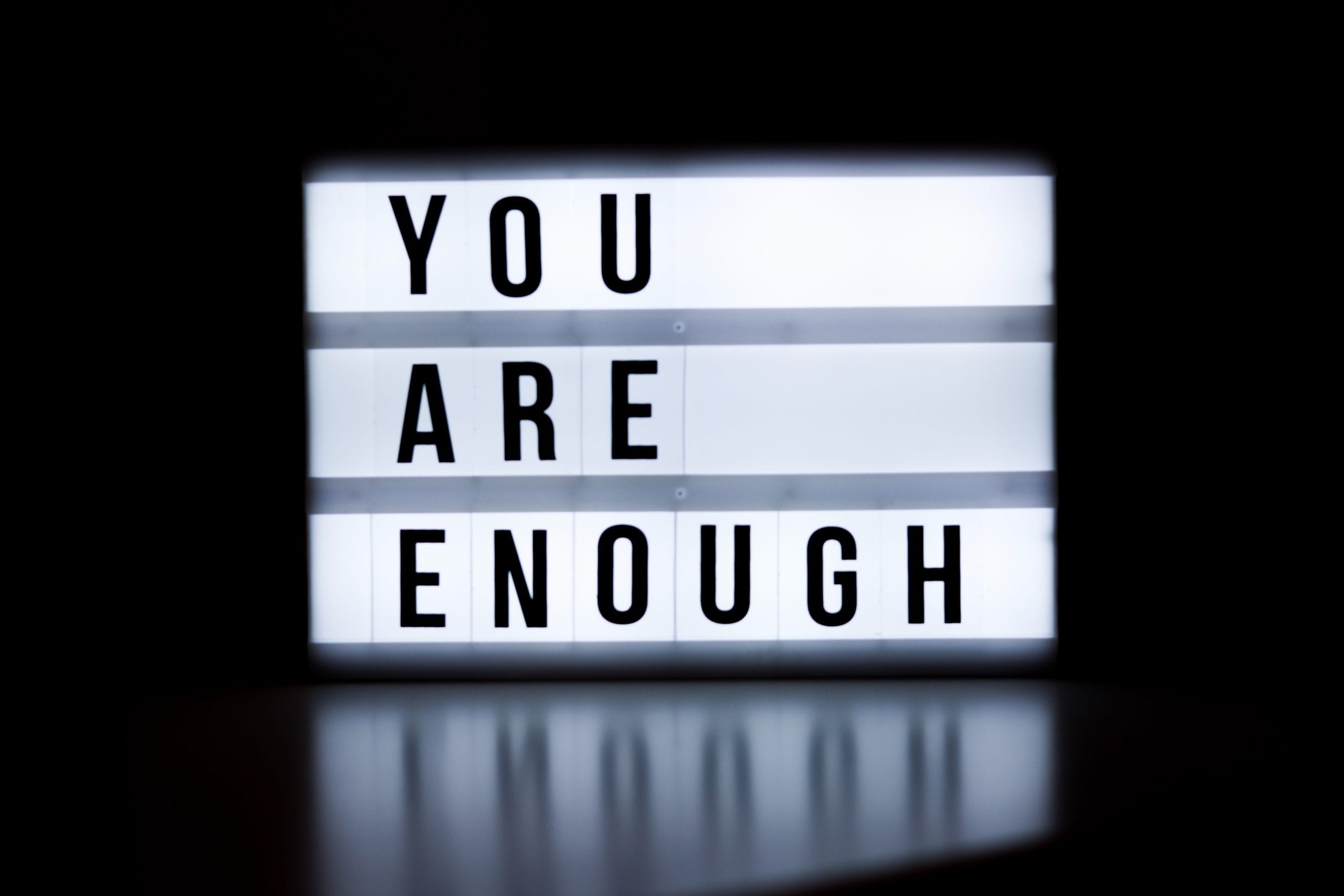
Most of us choose arbitrary goals like becoming a millionaire or having “fuck you” money. We let the world around us shape our belief systems instead of shaping the world based on OUR belief systems. Maybe you don’t need a million dollars to have everything you’ve wanted. Maybe you don’t need a yacht, a jet, and McMansion. Maybe you do. But until you define how much is enough, you’ll live a life of scarcity.
As a culture, we admire and look up to people who have “more” while simultaneously envying them.
- Men look up to other men who have slept with more women. They even created an entire cult called the seduction community out of their admiration.
- Entrepreneurs look up to other entrepreneurs who have more money.
- Writers look up to the author who has sold more books.
We measure lives with quantifiable metrics instead of meaning.
The pursuit of more fuels a billion-dollar economy and keeps us buying shit we don’t need to impress people we don’t like or worse, don’t even know who we are. We get caught up the ego-driven pursuit of a life that looks good on paper and on social media.
We accumulate toys, notches on our bedposts, likes, fans, bullet points on our resumes, fans, and followers as thought they are the pillars of a meaningful life. The other day, my client, Matt Lutz, told me something has grandfather said to him: “I’ve never seen a hearse pulling a U-haul.” Other than the hearts you touch, the lives you change, and the memories you create, you can’t take anything you accumulate with you.
- Maybe you don’t need a million dollars to feel like you have enough money.
- Maybe you don’t need to become the next Steve Jobs, Oprah, or Beyonce to feel successful enough.
- Maybe you don’t need to work at Google or Goldman Sachs to feel like you have enough status.
You have to define what enough is. And you have to be mindful of the fact that you’re going to measure your happiness and sufficiency relative to where you are to others.
If your newsfeed is filled with nothing but best-selling authors, billionaires, and people who are in a better position than you, you delude yourself into thinking this is self improvement. The inevitable byproduct of this is envy, comparison, and anxiety.
Imagine how different your life would be if your journey of self-improvement was private. You didn’t upload every fucking moment of your never-ending quest to become better to the internet for public consumption. And you couldn’t compare yourself to people you’ve never even met.
Remember it’s all an illusion. You’re judging the entirety of a person by the fraction of their lives they share. You’re confusing attention with affection. The pictures we upload, status updates and picture-perfect selfies are a version of the Matrix that programs you with the delusion that you are not enough.
When I quit social media for 30 days, I didn’t have a clue who made best-seller lists or accomplished some goal that made me envious. I didn’t realize the opportunity cost and was being able to spend my time, energy, and attention on work that made a difference. We underestimate the opportunity cost of what Mark Manson calls the disease of more.
At the beginning of the year, I met someone who asked me, “So what are you working on?” The implication of this was that we’re screwed up in some way, and we all need to fix something that’s screwed about ourselves. I said “I’m working on boundaries and not having expectations.”
Looking back, I kind of wish I’d said “I’m not working on shit.”
Life coaches, self-help authors, healers, and psychologists talk about “the work” as if human beings are a project that we can polish, perfect, ship, archive and forget about.
This work is never going to be done. If you think you’re going to feel like enough when you bridge the gap between who you are and who you want to be, you’ll live your life with a perpetual sense of deficiency.
What if you spent a few days not “working on yourself” to change anything? What if you’re ok just the way you are. What if you are enough? Maybe the way we deal with the disease of more with the cure of enough.
